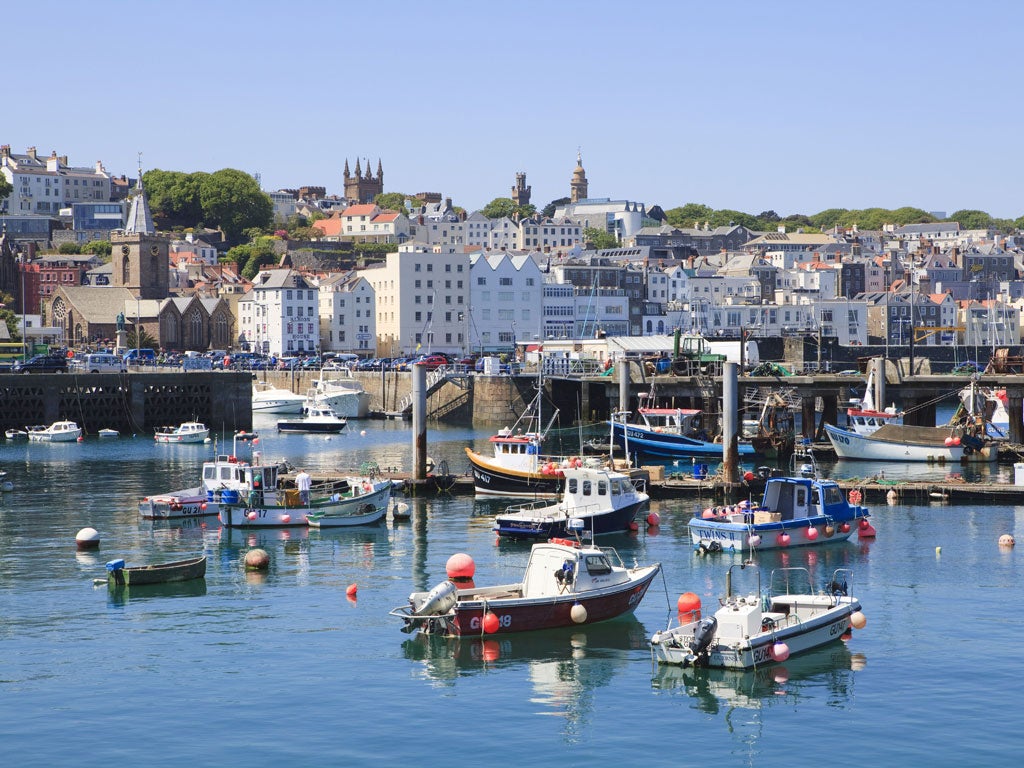Champions of transparency? The dirty money in UK property says otherwise
Outlook

Your support helps us to tell the story
From reproductive rights to climate change to Big Tech, The Independent is on the ground when the story is developing. Whether it's investigating the financials of Elon Musk's pro-Trump PAC or producing our latest documentary, 'The A Word', which shines a light on the American women fighting for reproductive rights, we know how important it is to parse out the facts from the messaging.
At such a critical moment in US history, we need reporters on the ground. Your donation allows us to keep sending journalists to speak to both sides of the story.
The Independent is trusted by Americans across the entire political spectrum. And unlike many other quality news outlets, we choose not to lock Americans out of our reporting and analysis with paywalls. We believe quality journalism should be available to everyone, paid for by those who can afford it.
Your support makes all the difference.The latest communiqué from Transparency International (TI) makes for disturbing reading. Despite the G20’s lofty promise of a crackdown, the anti-corruption organisation found that a staggering $2trn (£1.3trn) of dirty money is still being laundered through the global financial system by dint of criminals being able to conceal their ownership of corporate entities.
TI says that at the heart of whatever recent corruption scandal you might mention, you will find a company somewhere that was used to pay a bribe, or to shift and hide stolen money, or to buy fancy property in, erm, London. The oil company Petrobras, Fifa and Ukraine’s former president Viktor Yanukovych: all those scandals have this in common.
Their like will be repeated again and again until the G20’s fine words have been followed with meaningful action.
But hang on, what’s this, could the UK be leading the way on that front?
Here’s what TI has to say: “Only the UK was found to have a very strong framework in place, largely due to recently adopted legislation giving immediate access to beneficial ownership information to law enforcement, banks and businesses with duties to check they are not handling stolen cash.” Hooray!
Hold on just a second. It’s only two cheers. The UK stands out in part because it has taken some small steps while its peers have had their feet up on their desks – but it has a dirty little secret: those relics of empire known as British Overseas Territories and Crown Dependencies.
There’s a very different story to be told about them and it’s not a happy one, with legal systems set up to draw a veil over corporate entities with the aim of concealing the identities of those who set them up. This is done for the benefit and use of non-residents, often not very nice ones whose sins go beyond a little light tax evasion (which in itself is bad enough).
Coincidentally, TI’s UK arm recently put out a communiqué of its own in conjunction with the National Association of Estate Agents (no, really) concerning that London property I mentioned.
It highlights how a staggering 35,000 properties in the capital, including almost one in ten in Westminster, are owned by anonymous offshore companies.
Care to guess where a large number of those are based? That’s right. It’s those British Overseas Territories a again.
Just as with the G20 on corporate ownership, we’ve fine words but little action from our Government on the subject of London property. TI UK and the NAEA (to its credit) want this to change with, for example, the introduction of a requirement for all foreign companies to be as transparent as UK companies about their ultimate beneficial ownership if they wish to hold property titles here.
The Home Secretary Theresa May is ramming what amounts to a snoopers’ charter through Parliament on the basis that it is necessary to keep us safe from bad people. It’s richly ironic, then, that the people who fund them are being given a pass to wash their dirty cash through London property bought through companies registered on British offshore islands.
Join our commenting forum
Join thought-provoking conversations, follow other Independent readers and see their replies
0Comments